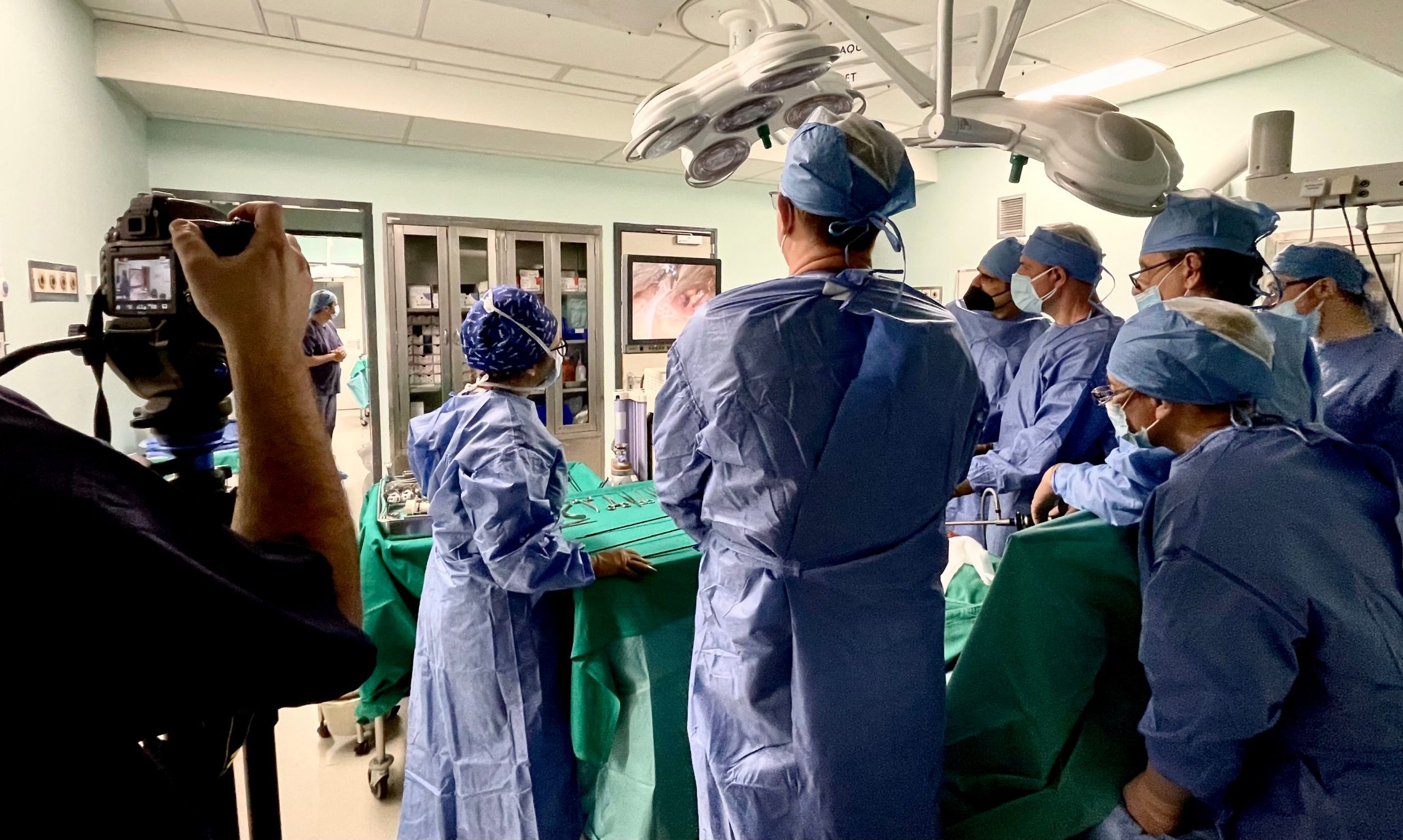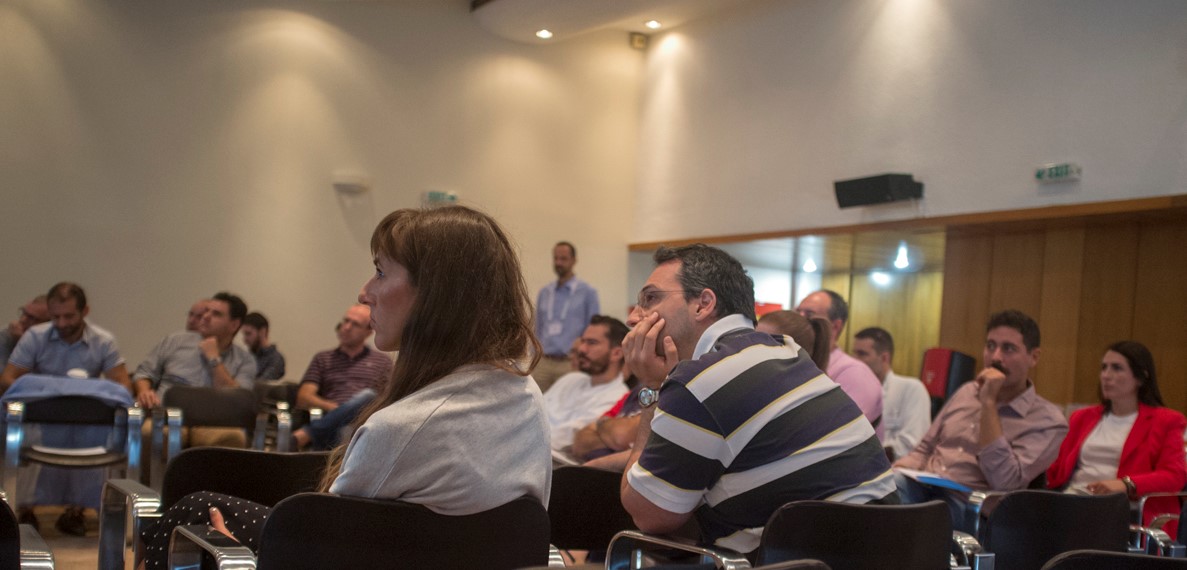
And this year, C.LA.S.S. courses will be carried out four times in three-day cycles, including live surgery, “tips & tricks” sessions, private simulator lessons, Problem Based Learning.
Hands-on training in all four cycles is offered in actual operating room settings using fresh human cadaveric models for surgery education imported from the US. for this specific reason. Workshops cover all types of laparoscopic colectomies.
Upon course completion, participants will have acquired the necessary skills to perform laparoscopic colorectal surgery. In addition, telementoring will be provided to surgeons who would like real-time guidance during their first operations.
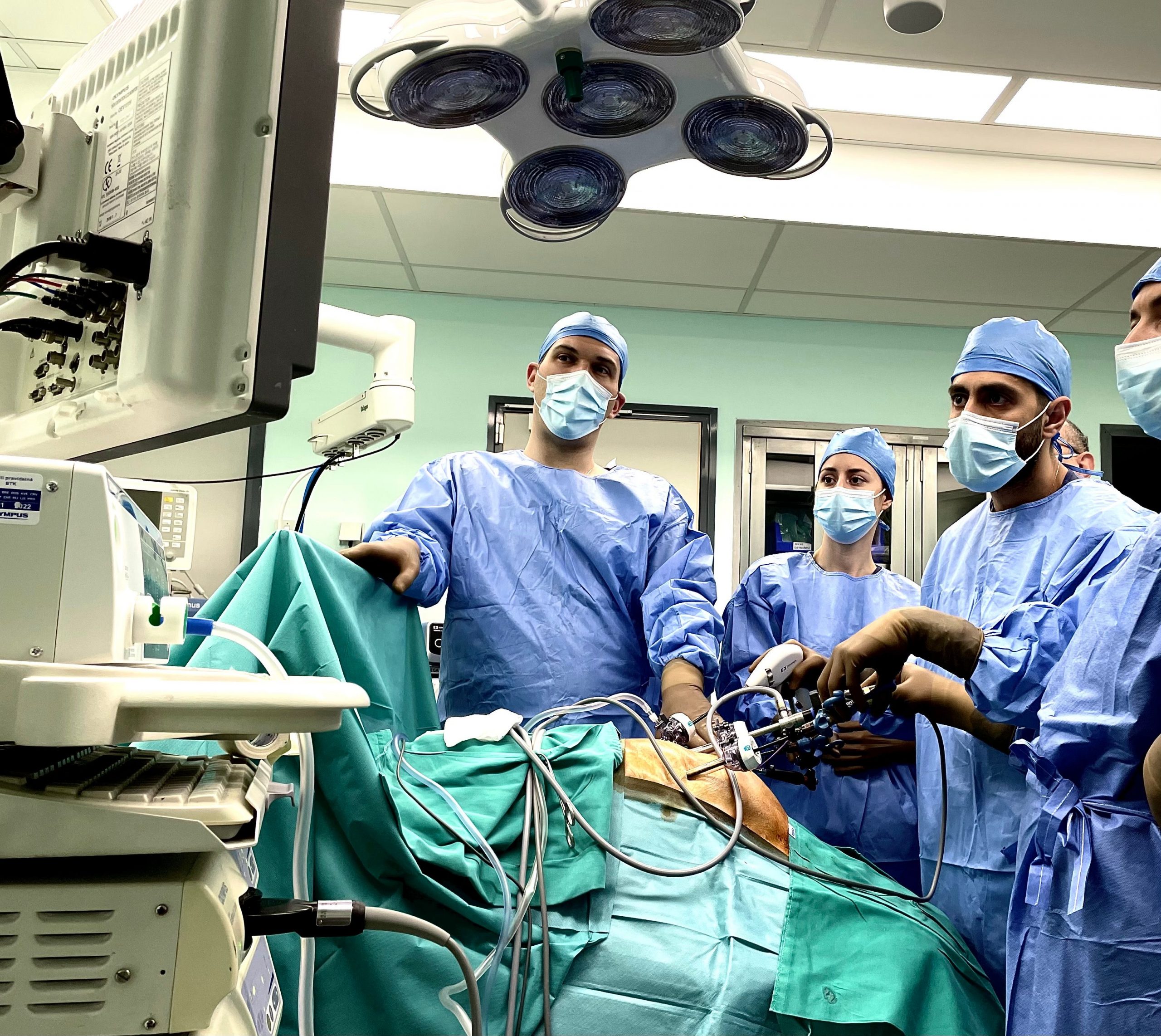
- Laparoscopic colorectal surgery cadaveric dissection course
Our trainees perform laparoscopic right colectomy, extended right colectomy, and left colectomy in actual operating room settings. The seminar is designed for surgeons experienced in advanced laparoscopic surgery and colorectal surgery. A cadaveric model, an operating room with a scrub nurse, and a dedicated instructor are assigned for every two trainees. Special emphasis is given on techniques for optimal oncological outcomes.
- TaTME cadaveric dissection course
Today’s most advanced surgical procedure for rectal tumors, the Transanal Total Mesorectal Excision (TaTME) requires special training, which has been proven effective when using cadaveric models.
Our two-day TaTME cadaveric dissection course takes a step-by-step approach using cutting-edge technologies (Airseal, Gelpoint Path, HD laparoscopic towers.) To simulate real surgical conditions, a cadaveric model, an operating room with a scrub nurse, and a course instructor are assigned for every two trainees.
Upon course completion, trainees are able to recognize key steps and anatomical landmarks, avoid complications from injury to adjacent structures, and perform the excision with oncological safety.
- Cadaveric dissection hernia course
- Laparoscopic Transabdominal Preperitoneal Patch Plasty (TAPP)
- Laparoscopic Total Extraperitoneal Patch plasty (TEP)
- Laparoscopic Management of HIATAL hernia with the use of mesh
- Transversus Abdominis Release (TAR) for large incisional hernia repair
Trainees perform hernia surgery on cadaveric models in actual OR settings under the guidance of leading surgeons in the field.
- VATS cadaveric dissection course
Video-Assisted Thoracoscopic Surgery (VATS) is widely adopted for the diagnosis and treatment of surgical diseases of the chest. Held in small groups, the course offers expert step-by-step guidance using the latest VATS-related technology. To simulate real surgical conditions, a cadaveric model, an operating room with a scrub nurse, and a course instructor are assigned for every two trainees.
Cadaveric Dissection Bariatric Surgery Courses

Programs
- Laparoscopic Surgery
- Emergencies
- Nursing
- Group training
An integral part of medical education, simulation offers trainees the opportunity to manage incidents and carry out tasks in life-like conditions. In clinical medicine, simulation is an excellent way to acquire and develop skillsets without any risk to patients.
Using a wide variety of cutting-edge tools, we develop highly realistic scenarios played out in virtual environments almost identical to those in which our trainees will eventually be called upon to apply their knowledge and skills, such as the operating room, the ER, the nursing ward, or even the street. We use real tools and materials, while standardized patients have been proved instrumental in offering trainees invaluable interactivity and feedback.
The NoDE Simulation Center features next generation virtual reality simulators for minimally invasive surgery training, and advanced lifelike synthetic models for repeating clinical scenarios and detailed performance analysis. The Center is also equipped with 3D printer generated simulators designed and manufactured by NoDE. Two such simulators have been donated to the Venizelio Hospital of Crete.

A two-day observership course offering surgical teams the opportunity to attend live colorectal laparoscopic surgery in the operating room with exposure to all collaborating specialties (anesthesiology, technology, nursing, postoperative follow-up, and recovery.)
The course includes interactive discussion sessions and hands-on simulation training, as well as outlines of key steps and technical advice for reducing surgical complications and maximizing oncological efficacy. Upon course completion, participants will familiarise themselves with the technique of colorectal laparoscopic surgery.

- Hands-on training on cadaveric models
- Live surgery observation
- Theoretical training
Clinical workshop on the safe placement, use and care of the PICC & PORT central venous access catheters for reducing complications. The workshop is intended for surgeons and nursing staff, and includes theoretical background and step-by-step technical training through live surgery observation.
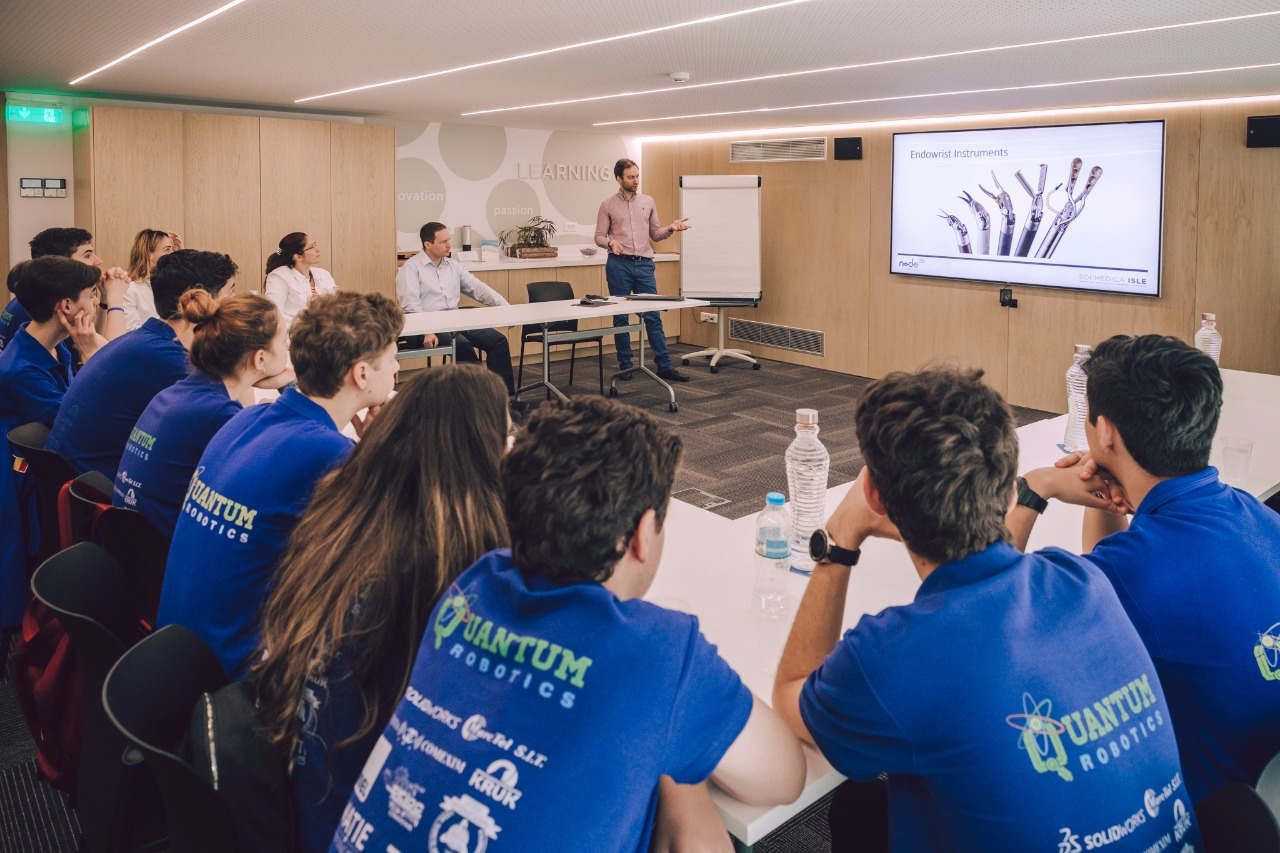
Observership program for small groups of high school students, who consider pursuing medical studies, through hospital-based clinical activities in various specialties. The program includes da Vinci laparoscopic and robotic simulation workshops, as well as general discussions on the humanitarian mission of medicine.
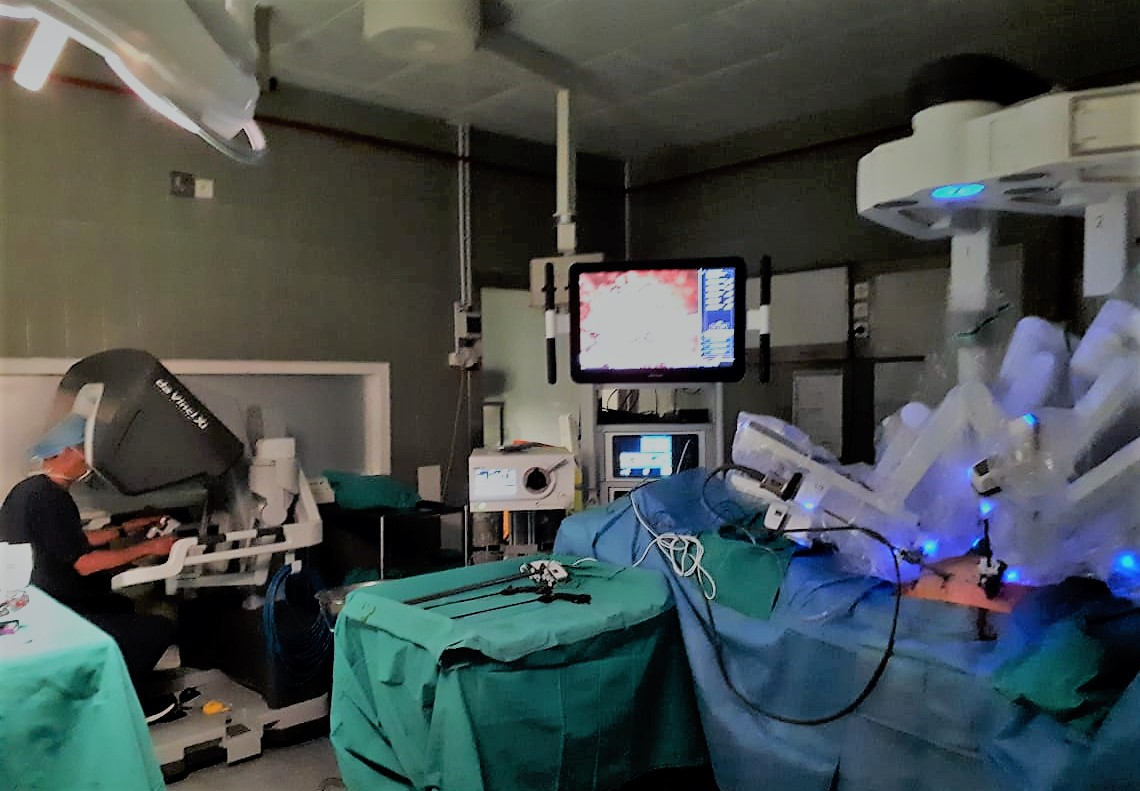
- Theoretical background
- Live surgery observation
- Hands-on simulation training
Designed for surgeons experienced in minimally invasive surgery, the seminar includes hands-on robotic simulation, interactive Problem Based Learning (PBL), and live colorectal robotic surgery observation. The seminar also includes “tips & tricks” sessions on how to best perform surgery adhering to oncological principles.
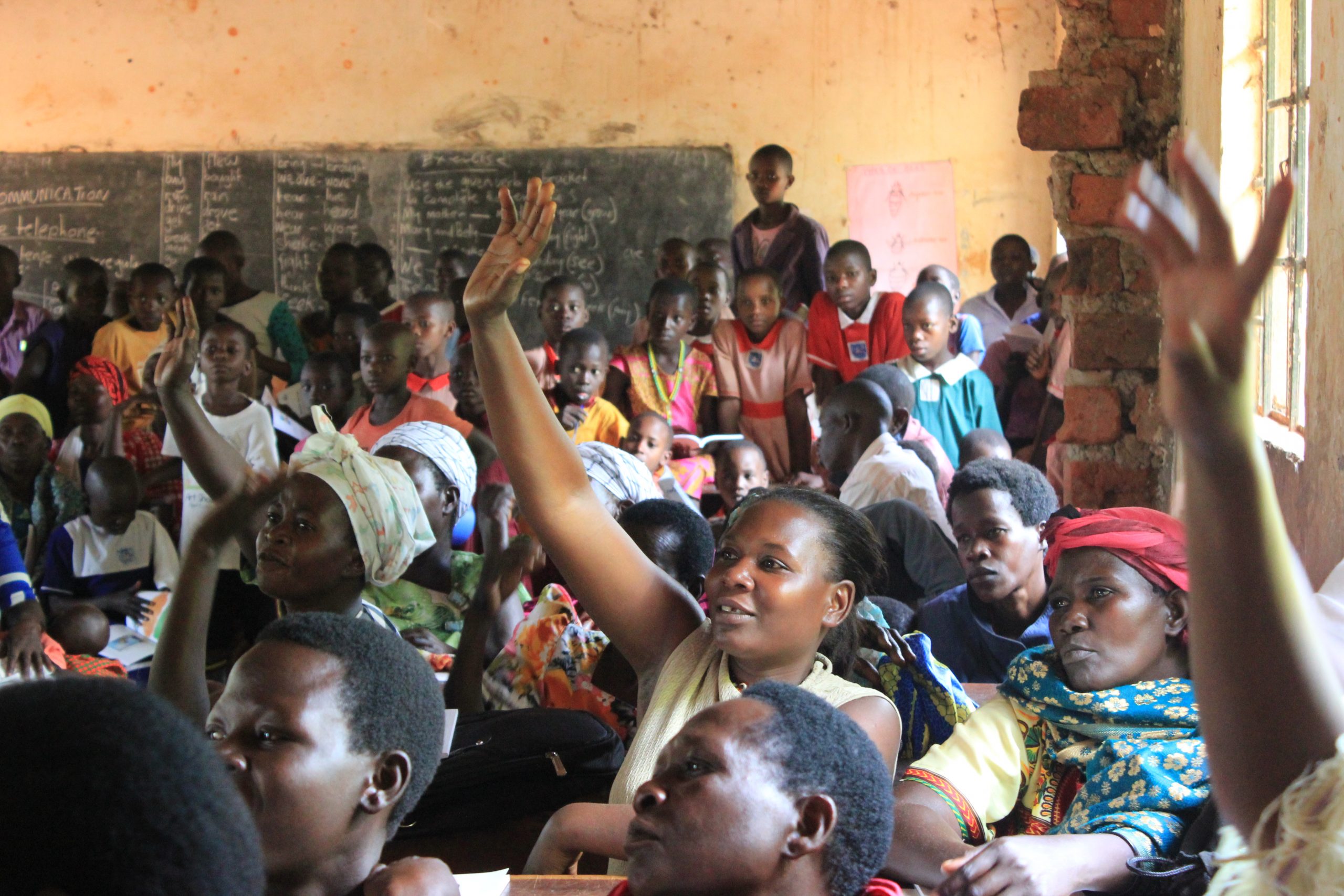
We organize annual missions to Uganda with the participation of two groups of NoDE faculty doctors, nurses and other volunteers, to offer medical assistance and contribute to medical training through on-site surgery seminars.
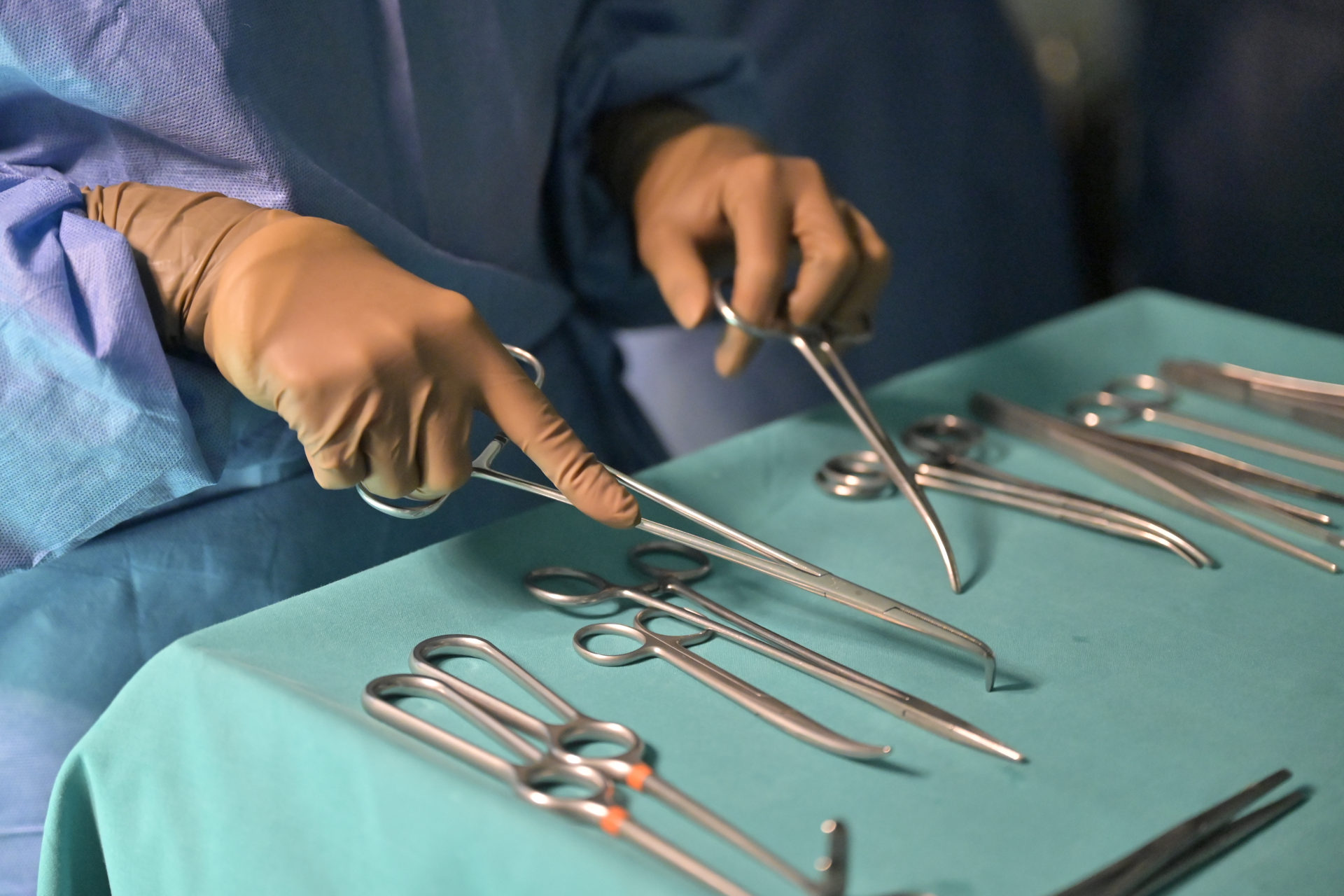
COURSE OVERVIEW
The Minimally Invasive Surgery Masterclass is the first gynecologic cadaveric hands-on educational program in Greece and is designed to provide a step by step approach to standard laparoscopic hysterectomy. The curriculum of this course is a continuum of didactics followed by hands-on training session in a repetitive and increased fashion, reaffirming and maximizing technical skill development from expert faculty. Short movies will be provided and pitfalls discussed. Troubleshooting will be an important aspect. The course will also handle the different indications of accessing the pelvic side wall in laparoscopic surgery with a thorough review of the literature discussing the actual standard of care and providing the vision of the future for the management of the different gynecological conditions.
TARGET PARTICIPANTS
This course is specifically addressed for experienced gynecologic surgeons, who would like to advance from basic laparoscopy to standard laparoscopic hysterectomy and for more experienced surgeons who would like to take their surgery one step further.
COURSE OBJECTIVE
The scope of the course is to familiarize the gynecologic surgeons with the pelvic sidewall in order to navigate through the retroperitoneal spaces and address all the different dissections necessary for advanced laparoscopic surgery. Upon conclusion of the course, participants should be able to: • Identify and dissect the ureter • Find the origin of the uterine artery • Spot and develop the vascular spaces of the pelvis The ultimate goal of the course is the attendees to obtain sufficient knowledge tailored to their needs so as to integrate it to their clinical practice.
